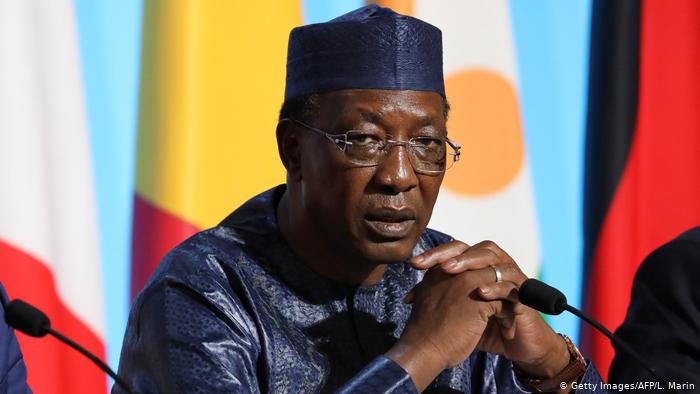Ahead of the Presidential elections campaigning in Chad, the authorities disrupted the internet on February 28, 2021, and attempted to restrict access to social media. This is yet, another unwarranted violation of freedom of expression online.
AFEX condemns this umpteenth internet shutdown in Chad which is headed for Presidential elections on April 11, 2021, and calls on the Chadian authorities to ensure that the internet is kept on before, during and after the elections.
Shutting down internet does not only violate people’s freedom of expression and access to information does not only damage the economy of the country concerned but also adds to the hardship of millions of people who depend on the internet for their daily activities.
The disruption of access to social media such as WhatsApp, Twitter, Facebook, Instagram and YouTube in Chad is not the first time.
Before the internet shutdown on February 28, the opposition parties in the country led a nationwide demonstration last week to protest against President Idriss Deby Itno’s bid for a fifth term in office. According to media reportage the opposition demonstration was largely successfully as shops, schools and businesses shut down, and traffic was empty.
Between 2018 and 2019, authorities in Chad restricted access to internet and social media for at least 470 days. The government cited “security reasons” in an attempt to justify the disruptions.
Also, journalists in Chad work under fear, and usually self-censor, anxiously avoiding open criticism of the government and close collaborators of President Idriss Deby Itno. Criticism of states officials by media houses often lead to the closure of the media outlets. Journalists are often the target of attacks, brutal aggression, and arrest and detention by security forces.
For instance, on November 27, 2020, the security forces descended on the office of Visionnaire Media Group and Radio FM Liberté in N’Djamena.
At least 70 people, including 20 journalists were arrested while attending a media training in the premises of Radio FM Liberté. The journalists were detained for several hours and released without a charge.
Chad under President Idriss Déby Itno, who seized power in 1990, has held five elections without power transition. President Itno is running for a sixth term on the ticket of Patriotic Salvation Movement party. Twenty-three other candidates have submitted their applications to contest in the presidential election, according to the national election commission.
Several political analysts have said that with a shrinking civic space, the scheduled April 11, elections seem to be a ceremonial one, a façade electoral process that is likely to end up with the renewal of President Itno’s mandate.
AFEX considers the internet shutdown as unnecessary and a bad step especially in this era of pandemic where access to internet has proved fundamental in keeping people in touch and businesses on course. Resorting to internet shutdown to quell public protests and socio-political agitation smack of reckless disregard for citizens’ welfare.
Shutting down the internet and blocking access to social media ahead of the electioneering campaigns further compromises people’s abilities to make informed decisions and to participate in public discourse. Again elections-related internet shutdowns deprive journalists of access to sources of information, and casts doubt on the transparency and credibility of the electoral process.
Consequently, AFEX members urge the authorities in Chad to keep the internet on before, during and after the elections.
AFEX is also calling on the Chadian authorities and the security forces to ensure the safety and protection of media and journalists doing their work of public information, as constitutionally mandated and in accordance with the several regional and international treaties ratified by Chad.




